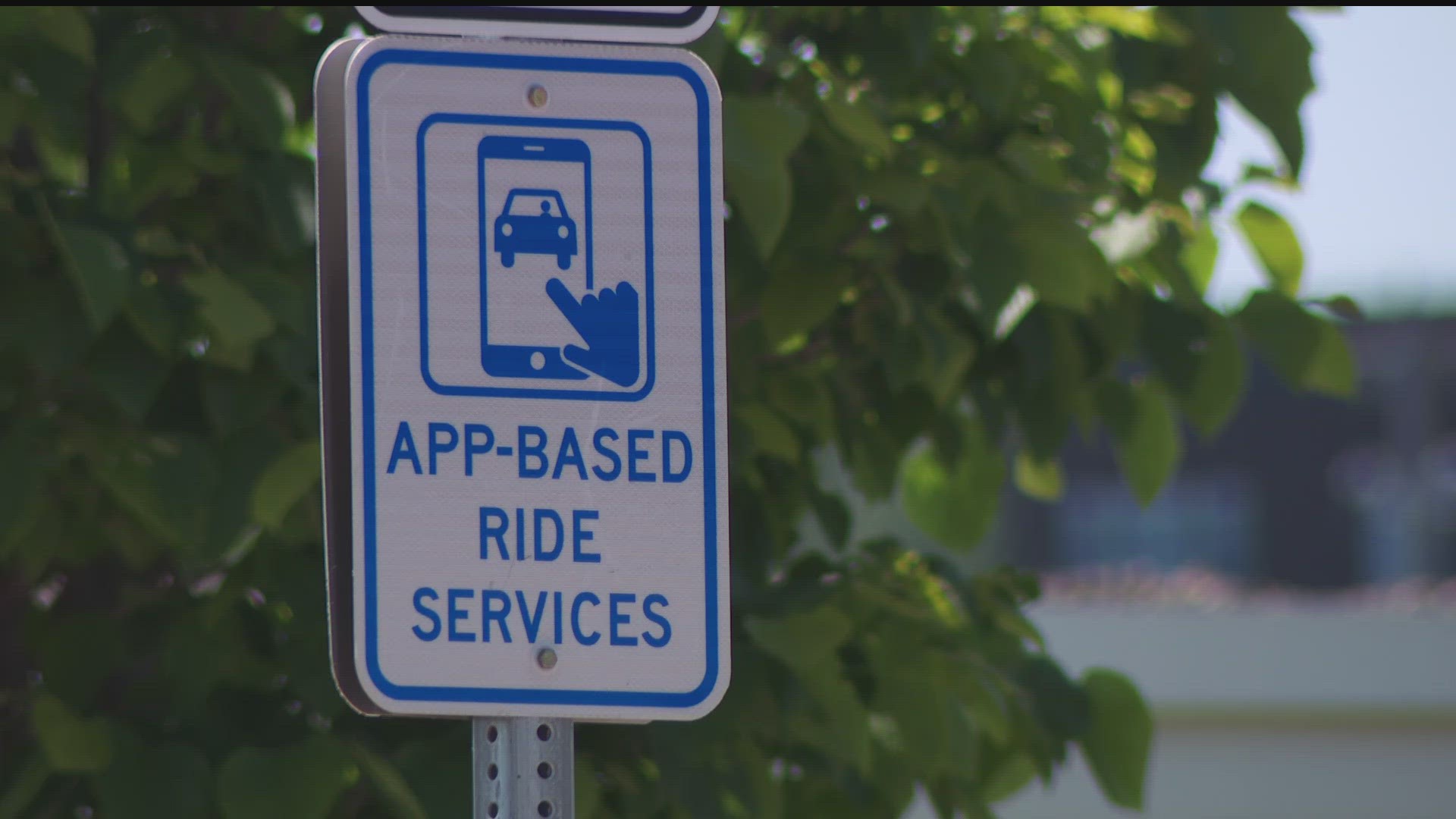DAKOTA COUNTY, Minn. — This week there was a big swing in emotions for rideshare drivers. Five days ago there was excitement when the Uber-Lyft bill passed that would give drivers higher pay and more job protection.
But now, there's frustration after the legislation got the very first veto, ever, from Governor Walz.
Instead, Walz says he'll create a committee to consider new protections for drivers. The Minnesota Uber/Lyft Drivers Association, which now has more than 1,200 members, says it will try again next session.
"Uber spent so much money and so much misinformation that we had to try and wade through and that made it difficult to have an honest discussion about the issue," said the group's lawyer, Stephen Cooper.
But for some who live outside the metro, like Dakota County, this veto was good news. It's the third largest county in the state and one of the commissioners is Liz Workman, who also advocated for a program that's unique only to that area.
"People who couldn't work because of transportation are now being able to work and feeling some self-worth and self-confidence in themselves," said Workman.
Four years ago, Dakota County partnered with Lyft to provide discounted rides to citizens who are eligible. Now, the program provides rides at discounted rates to more than 4,000 people with disabilities each year.
That includes Workman's daughter, Victoria, who gets a $1,000 stipend every month for rides to her job at a local grocery store. The money is funded by taxpayers.
The rides are not only cheaper than a bus pass, but it is about 40 minutes shorter than a bus ride and takes the pressure off Workman, whose husband died last year. She said the added responsibility can be overwhelming.
"When I heard about the bill, that's when I panicked and used some choice words," said Workman.
She signed a letter to Walz, reiterating the consequences the bill would have. In it, she asked instead for a stakeholder group to further address issues rideshare drivers were demanding like better pay and insurance protections.
Workman says the proposed mandated compensation rates would also make rides unaffordable to the people their program supports.
"I understand that drivers need some assurances, I get that, but my personal concern and my personal passion is for the people who are the riders who use Lyft and Uber," said Workman.
Besides creating the committee, Walz also said that the Department of Labor and Industry will pay for a study to first gather, and then analyze, data on the working conditions of ride-share drivers and how any changes would impact access and cost for riders.

